Rwanda, often referred to as the “Land of a Thousand Hills,” is a small but vibrant country located in East-Central Africa. Known for its breathtaking landscapes, rich history, and remarkable progress in post-genocide recovery, it stands as a symbol of resilience and hope. The country has transformed itself into a thriving nation, offering visitors an experience that combines natural beauty with a deep sense of cultural heritage.
Table of Contents
Geography
Rwanda is a landlocked country bordered by Uganda to the north, Tanzania to the east, Burundi to the south, and the Democratic Republic of the Congo to the west. Covering an area of approximately 26,338 square kilometers, this country is one of the smallest countries on the African continent. Despite its small size, the country’s terrain is characterized by rolling hills, mountains, and numerous lakes.
The western part of this country is dominated by the Albertine Rift, part of the Great Rift Valley, which is home to the Virunga Mountains. These mountains are a vital habitat for the endangered mountain gorillas, attracting tourists from around the world. Rwanda’s climate is generally temperate, with two main rainy seasons, and the country’s diverse ecosystems support a rich variety of wildlife
States of Rwanda
This country is divided into four provinces (East, West, North, and South) and one capital city (Kigali). These provinces function similarly to states in other countries. Here’s a table with provinces and their respective capitals:
| Province | Capital |
|---|---|
| Northern | Musanze |
| Southern | Nyanza |
| Eastern | Rwamagana |
| Western | Karongi |
| Kigali City | Kigali |
History
Rwanda’s history is marked by the rise of powerful kingdoms, colonial rule, and the tragic events of the 1994 genocide. The Kingdom of Rwanda was established in the 15th century and became one of the most centralized and influential states in the region. The kingdom was ruled by a series of monarchs, known as mwami, who exercised significant control over the territory and its people.
In the late 19th century, the country came under German colonial rule, followed by Belgian administration after World War I. The colonial powers exacerbated ethnic divisions between the Hutu, Tutsi, and Twa communities, laying the groundwork for future conflicts. Rwanda gained independence from Belgium on July 1, 1962, but ethnic tensions continued to simmer.
The most tragic chapter in Rwanda’s history occurred in 1994 when the country was engulfed in a horrific genocide. Over the course of 100 days, an estimated 800,000 people, mostly Tutsi, were killed in a brutal campaign of violence. The genocide left the country devastated, with deep social and economic scars.
Since then, this country has embarked on a remarkable journey of reconciliation, rebuilding, and development. Under the leadership of President Paul Kagame, the country has made significant strides in economic growth, social cohesion, and environmental conservation. Today, the country recognized as one of Africa’s most stable and rapidly developing nations.
Top Ten Must-Visit Destinations
Kigali
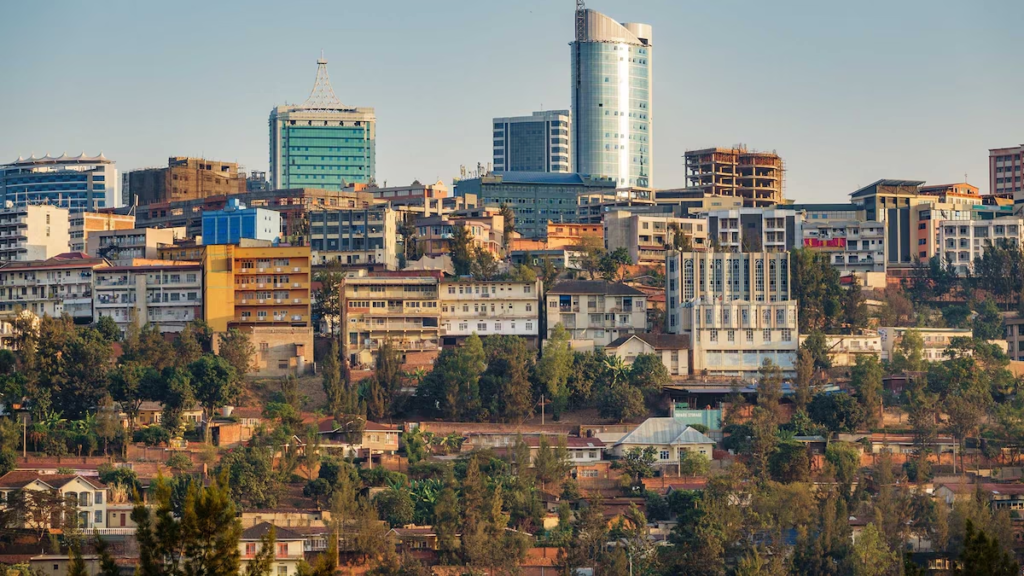
Kigali, the capital and largest city of Rwanda, is often the first stop for visitors. The city is known for its cleanliness, safety, and vibrant culture. Kigali Genocide Memorial is a poignant site that offers insight into the 1994 genocide and serves as a place of remembrance. The city’s bustling markets, such as Kimironko Market, provide a taste of local life, while the Inema Arts Center showcases contemporary Rwandan art.
Volcanoes National Park

Volcanoes National Park, located in the northwest, is one of the country’s most famous tourist destinations. The park is home to the endangered mountain gorillas, and trekking to see these magnificent creatures in their natural habitat is a once-in-a-lifetime experience. The park also offers opportunities to explore the volcanic landscape, visit the tomb of Dian Fossey, and learn about conservation efforts.
Lake Kivu
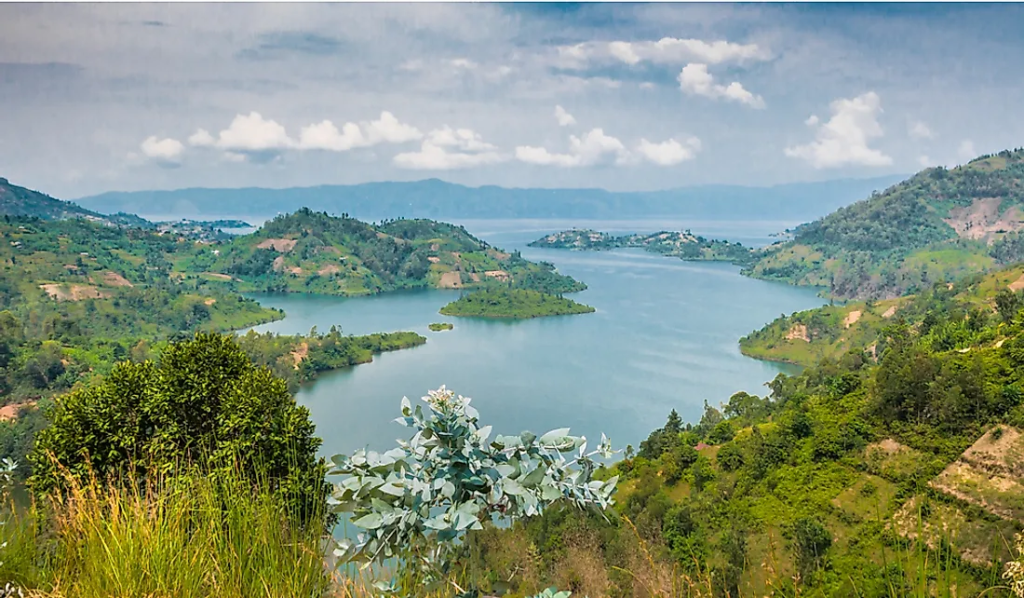
Lake Kivu, one of Africa’s Great Lakes, is a stunning body of water that borders Rwanda and the Democratic Republic of the Congo. The lake is surrounded by picturesque hills and offers a range of activities, including swimming, kayaking, and boat tours. The towns of Gisenyi and Kibuye along the lake are popular spots for relaxation, with beautiful beaches, resorts, and opportunities for water sports.
Nyungwe Forest National Park
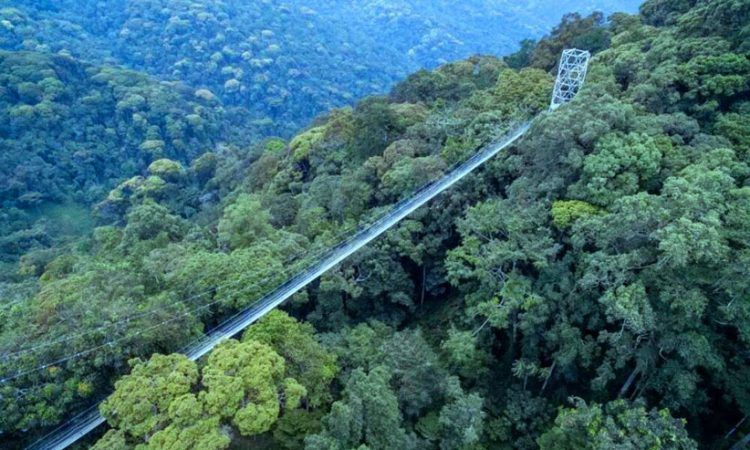
Nyungwe Forest National Park, located in the southwest of Rwanda, is one of Africa’s oldest rainforests. The park is a haven for biodiversity, home to a variety of primates, including chimpanzees, as well as hundreds of bird species. Visitors can enjoy guided canopy walks, hiking trails, and birdwatching in this pristine natural environment. The park’s dense forests and waterfalls create a tranquil and enchanting atmosphere.
Akagera National Park
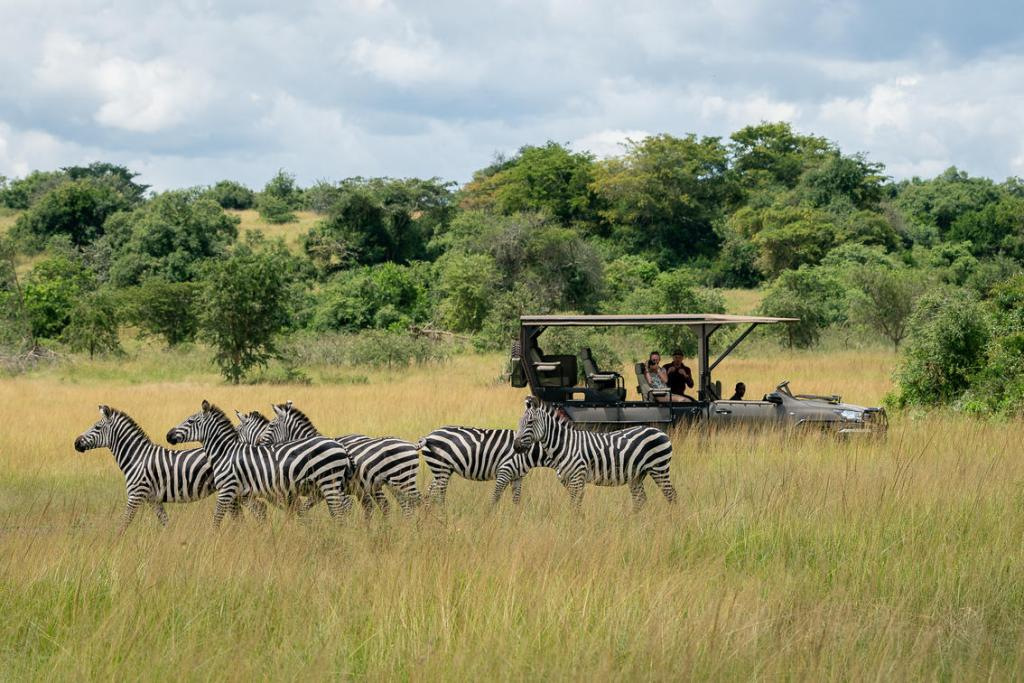
Akagera National Park, situated in eastern Rwanda, is a vast savanna reserve that offers a different kind of wildlife experience. The park is home to the “Big Five” (lion, elephant, buffalo, leopard, and rhinoceros) and provides opportunities for game drives, boat safaris, and birdwatching. Akagera’s diverse landscapes, including wetlands, lakes, and savannas, make it a unique destination for nature lovers.
Huye (Butare)
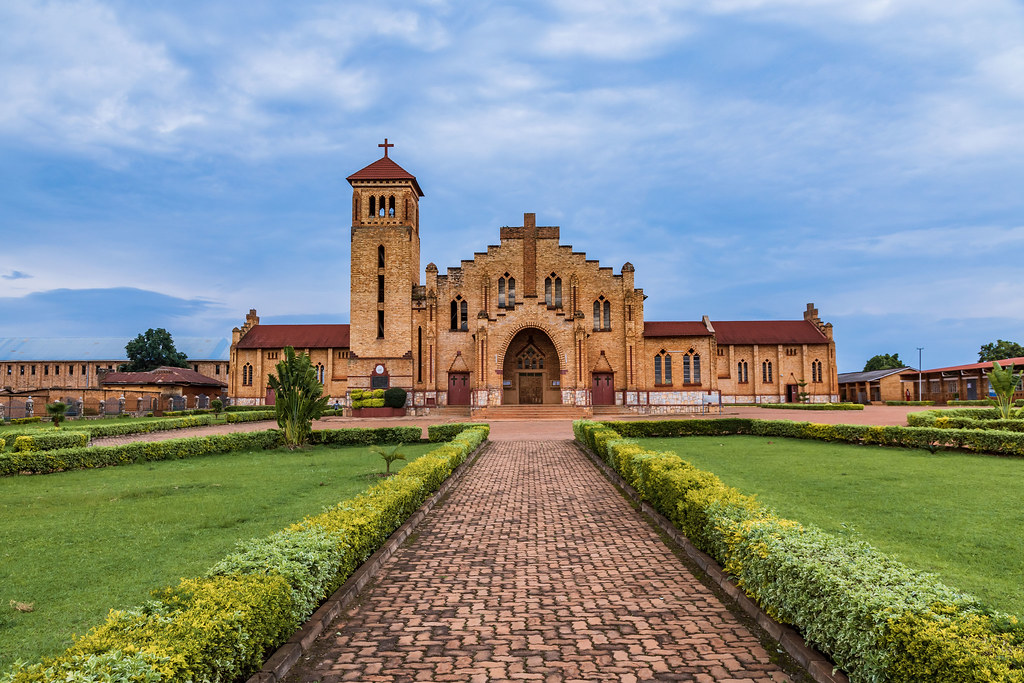
Huye, also known as Butare, is a city in southern Rwanda that is considered the cultural capital of the country. The National Museum of Rwanda in Huye is one of the best places to learn about Rwanda’s history, culture, and traditional way of life. The city is also home to the University of Rwanda and offers a relaxed atmosphere with tree-lined streets, cafes, and historic buildings.
King’s Palace Museum
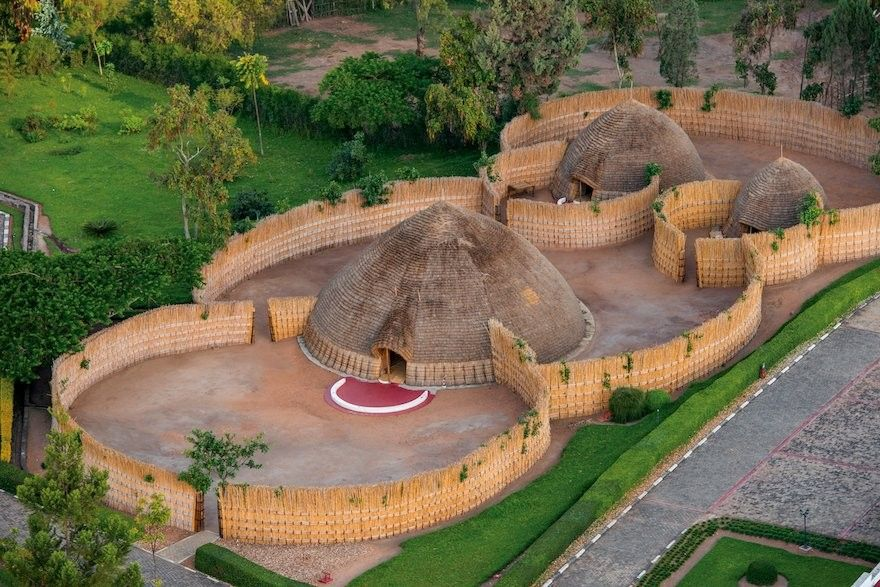
The King’s Palace Museum, located in Nyanza, offers a glimpse into Rwanda’s royal history. The museum features a replica of a traditional Rwandan palace, complete with thatched roofs and elaborately decorated interiors. Visitors can learn about the customs and traditions of the Rwandan monarchy and explore the royal cattle enclosure, where a unique breed of long-horned cattle is kept.
Musanze Caves
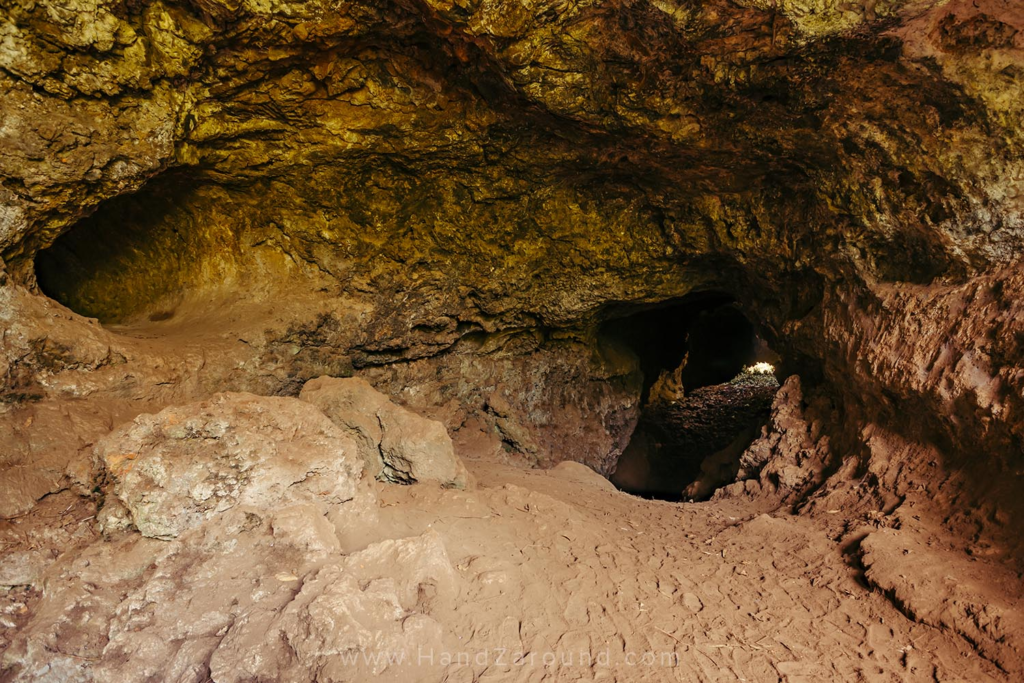
The Musanze Caves, located near Volcanoes National Park, are a fascinating natural attraction formed by volcanic activity. These extensive lava tunnels stretch over several kilometers and offer a unique underground exploration experience. Guided tours of the caves provide insights into their geological formation and historical significance as a place of refuge during times of conflict.
Ethnographic Museum

The Ethnographic Museum in Huye is one of the most important cultural institutions in Rwanda. The museum houses a vast collection of artifacts that illustrate the rich cultural heritage of Rwanda, including traditional crafts, musical instruments, and clothing. It provides a comprehensive overview of Rwandan life from pre-colonial times to the present day.
Gishwati-Mukura National Park
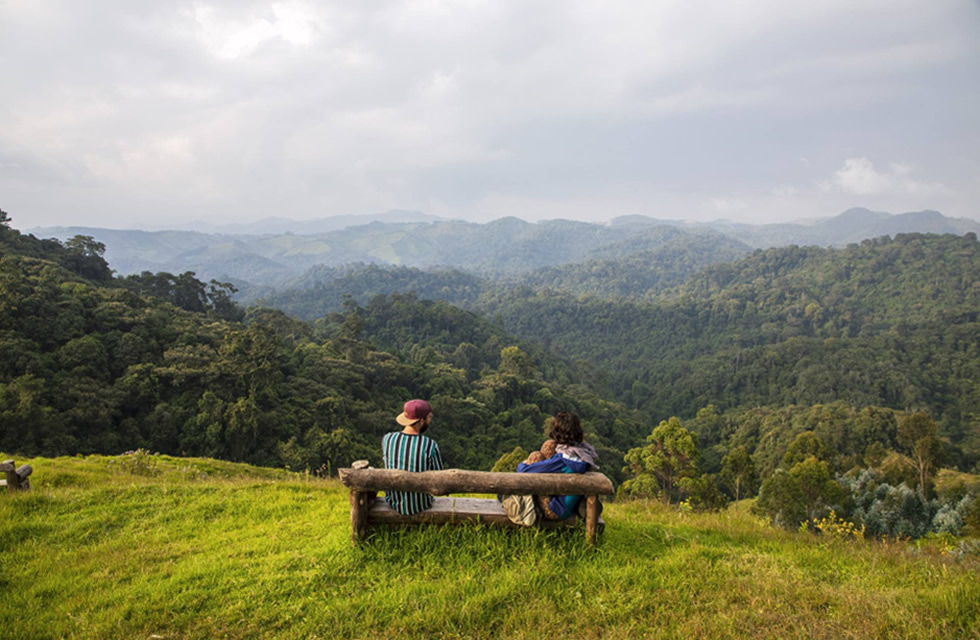
Gishwati-Mukura National Park is Rwanda’s newest national park, created to protect the remaining fragments of the Gishwati and Mukura forests. The park is a biodiversity hotspot, home to several primate species, including the golden monkey, as well as a variety of birds and plants. Efforts to restore the forest and promote eco-tourism are ongoing, making it an emerging destination for nature enthusiasts.
Culture
Rwanda’s culture is deeply rooted in its history and traditions, with strong influences from the Banyarwanda people, who make up the majority of the population. The three main ethnic groups are the Hutu, Tutsi, and Twa, each contributing to the country’s rich cultural mosaic. Rwandan culture is characterized by a strong sense of community, respect for elders, and a commitment to peace and reconciliation.
Music and dance play a central role in Rwandan culture, with traditional dances such as Intore (warrior dance) and Umushayayo (a dance of celebration) being performed at various ceremonies and festivals. Drumming is also an important part of Rwandan music, with the royal drums known as “Ingoma” being highly revered.
Art and crafts are integral to Rwandan culture, with basket weaving, pottery, and beadwork being some of the most common forms of traditional art. The “Agaseke” basket, known for its intricate designs and symbolic meanings, is a popular souvenir and a symbol of peace and unity.
Festivals
Rwanda is home to several vibrant festivals that celebrate its culture, heritage, and achievements. One of the most significant festivals is Kwita Izina, the annual gorilla naming ceremony held in Volcanoes National Park. This festival, which attracts global attention, celebrates Rwanda’s successful conservation efforts in protecting the endangered mountain gorillas. During the event, newborn gorilla infants are given names in a traditional ceremony that highlights the importance of wildlife conservation.
Another important festival is Umuganura, the National Harvest Day, which is one of Rwanda’s oldest traditions. Celebrated in August, Umuganura is a time for Rwandans to give thanks for the harvest and reflect on the country’s achievements. The festival is marked by cultural performances, traditional foods, and communal gatherings that emphasize the values of unity and gratitude.
The Kigali Up! Music Festival is a modern celebration of Rwanda’s vibrant music scene. Held annually in Kigali, the festival features performances by local and international artists, showcasing a diverse range of genres, including traditional Rwandan music, Afrobeat, jazz, and hip-hop. The festival provides a platform for Rwandan musicians to share their talents with a wider audience and promotes cultural exchange through music.
Economy
The country has experienced impressive economic growth over the past two decades, earning a reputation as one of Africa’s success stories. The country’s economy is primarily driven by agriculture, which employs the majority of the population. Key agricultural products include coffee, tea, maize, beans, and bananas. The country is known for its high-quality coffee and tea, which are major export commodities.
The government of Rwanda has made significant investments in infrastructure, education, and healthcare, contributing to the country’s economic development. The Vision 2020 and Vision 2050 initiatives outline Rwanda’s goals for transforming into a knowledge-based, middle-income country with a focus on technology, innovation, and sustainability.
Tourism is another vital sector of Rwanda’s economy, with the country’s national parks, especially Volcanoes National Park, attracting visitors from around the world. Mountain gorilla trekking is a significant source of revenue, and the government has implemented conservation measures to protect wildlife while promoting eco-tourism.
Rwanda’s efforts to promote gender equality and empower women have also had a positive impact on the economy. Women hold key positions in government and business, and Rwanda consistently ranks among the top countries in the world for gender equality.
Cuisine
Rwandan cuisine is a reflection of the country’s agricultural practices and cultural traditions. The diet is largely based on locally grown produce, with staples such as bananas, sweet potatoes, beans, and cassava forming the foundation of most meals. Meat, particularly goat, beef, and chicken, is also commonly consumed, although it is often reserved for special occasions.
One of the most popular Rwandan dishes is “Ugali,” a starchy side dish made from maize or cassava flour. Ugali is often served with vegetables, beans, or meat stews. “Isombe,” made from cassava leaves cooked with ground peanuts, is another traditional dish that is enjoyed across the country.
“Brochettes,” skewered and grilled meat, are a common street food and a favorite among Rwandans. They are typically served with fried plantains or chips. “Ibihaza,” a dish made from pumpkins cooked with beans, is a traditional Rwandan meal that showcases the use of local ingredients.
The country is also known for its beverages, including locally brewed banana beer, known as “Urwagwa,” and “Ikivuguto,” a fermented milk drink that is similar to yogurt. Rwandan coffee and tea are world-renowned, with coffee being a key export product.
Top Eight Most Famous Food
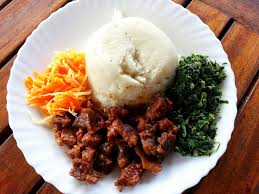
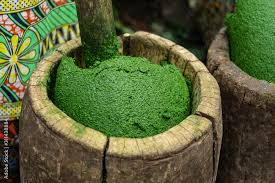
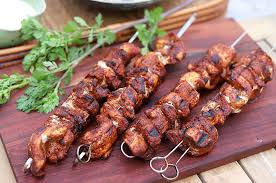
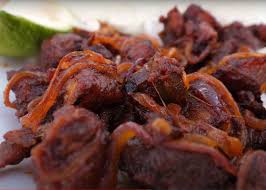
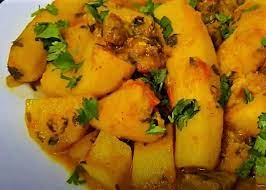
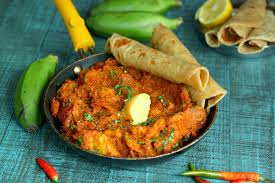

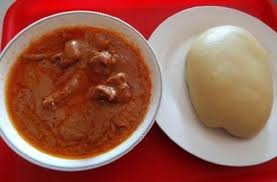
Interesting Facts
- Rwanda is one of the cleanest countries in Africa, with a ban on plastic bags and monthly community clean-up days called “Umuganda.”
- The mountain gorillas of Volcanoes National Park are among the last remaining in the world, making Rwanda a prime destination for gorilla trekking.
- Kigali, the capital of Rwanda, is known for its green initiatives, including the use of electric motorcycles for public transportation.
- The country is often referred to as the “Singapore of Africa” due to its rapid development and business-friendly environment.
- The country has one of the highest proportions of women in parliament globally, with women holding over 60% of parliamentary seats.
- The country is home to the world’s first drone delivery service for medical supplies, a pioneering initiative that delivers blood and vaccines to remote areas.
- The annual Tour du Rwanda is one of Africa’s most prestigious cycling events, attracting cyclists from around the world.
- Rwanda’s national language is Kinyarwanda, but English and French are also widely spoken.
- The Nyungwe Forest is one of Africa’s oldest rainforests, with a rich biodiversity that includes over 1,000 plant species and 300 bird species.
- Rwanda’s traditional dance, Intore, is considered one of the most spectacular and dynamic dance forms in Africa.
Conclusion
The country is a country that has risen from the ashes of its past to become a beacon of hope and progress in Africa. With its stunning landscapes, rich cultural heritage, and commitment to development, The country offers a unique experience for travelers and a powerful story of resilience for the world. Whether exploring the lush forests, engaging with local communities, or witnessing the incredible wildlife, visitors are sure to be captivated by the beauty and spirit of this remarkable nation.

